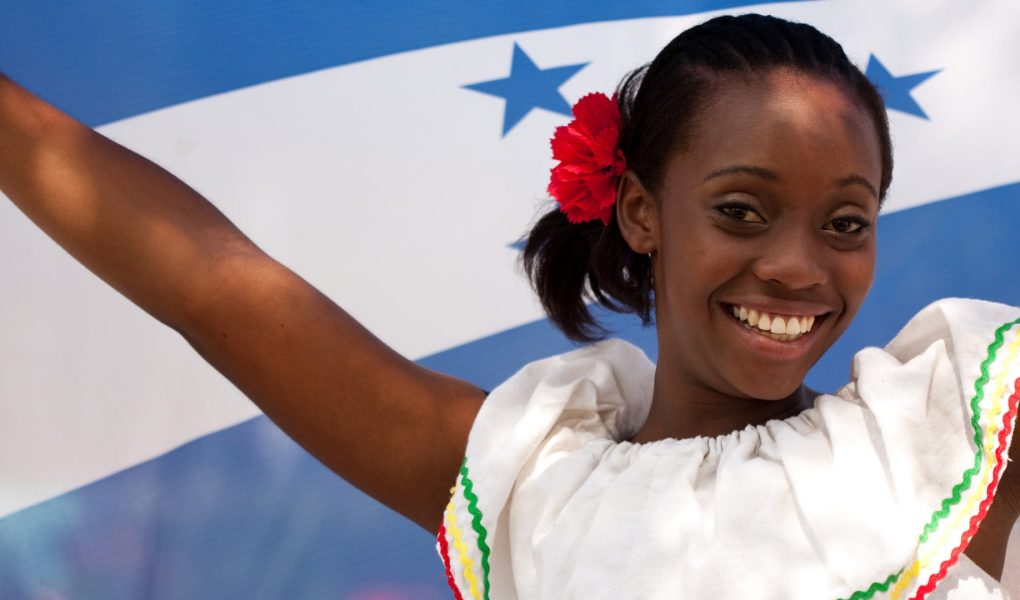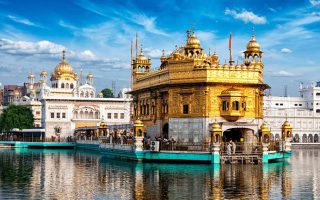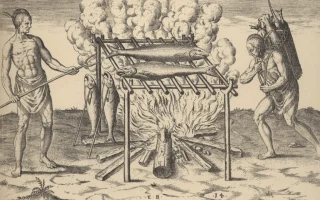kilkennybookcentre.com – The cultural heritage of Honduras is a tapestry of indigenous traditions, colonial influences, and modern expressions that have been woven together over centuries. From the ancient Mayan ruins to the vibrant Garifuna communities, Honduras is a country rich in cultural diversity. Preserving these traditions is crucial for maintaining the identity and continuity of the Honduran people. This article explores the various aspects of Honduran cultural heritage and the efforts being made to safeguard them for future generations.
The Legacy of the Mayan Civilization
The Mayan civilization, which flourished in the region from 2000 BC to 1500 AD, left an indelible mark on Honduras. Archaeological sites like Copán, with its intricate hieroglyphic stairway and ball courts, are not only UNESCO World Heritage Sites but also symbols of the advanced knowledge in astronomy, mathematics, and architecture of the Mayan people. Preservation efforts include ongoing excavations, restoration projects, and the establishment of museums to educate visitors about Mayan history and culture.
The Garifuna Culture
The Garifuna people, descendants of African slaves and indigenous Arawak and Carib peoples, have a unique culture that is celebrated in Honduras. Their music, dance, and cuisine, such as the traditional dish bari, are integral parts of their heritage. The Garifuna language, a mix of African, Arawak, and Carib languages, is also being preserved through language classes and immersion programs. The government and non-profit organizations are working to protect Garifuna lands and cultural practices, recognizing their importance to the national identity.
Indigenous Communities and Their Crafts
Honduras is home to several indigenous communities, including the Lenca, Miskito, and Tolupan, each with its own distinct traditions. These communities are known for their crafts, such as pottery, weaving, and woodcarving, which are both a means of livelihood and a way to keep their traditions alive. Cultural festivals and markets provide platforms for artisans to sell their wares and share their heritage with a wider audience. Educational programs are also in place to teach younger generations the skills and techniques of their ancestors.
The Role of Festivals and Celebrations
Festivals play a significant role in preserving the cultural heritage of Honduras. Events like the Feria de las Nacionalidades in Tegucigalpa and the Carnaval de La Ceiba showcase the country’s diversity through music, dance, and food. These celebrations are not only a source of national pride but also an opportunity for cultural exchange and education. The government and local organizations support these events to ensure they continue to thrive and remain accessible to all.
Challenges and Conservation Efforts
Despite the efforts to preserve cultural heritage, Honduras faces challenges such as economic difficulties, political instability, and environmental degradation. These factors can threaten the survival of traditions and the well-being of cultural sites. Conservation efforts include the development of sustainable tourism, which can provide economic benefits while respecting cultural and natural resources. Additionally, international collaborations and funding are sought to support preservation projects and cultural education.
Conclusion
The cultural heritage of Honduras is a treasure that must be preserved for the benefit of the nation and the world. Through the dedication of the Honduran people, government initiatives, and international support, the traditions and history of this diverse country can be safeguarded for future generations. By celebrating and protecting its cultural heritage, Honduras ensures that its rich legacy will continue to inspire and enrich lives for years to come.




